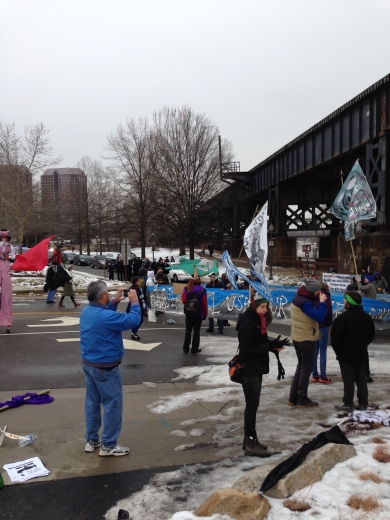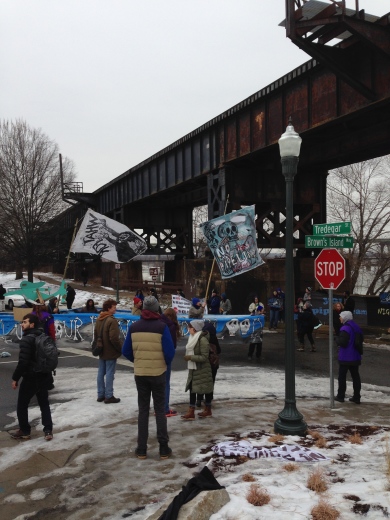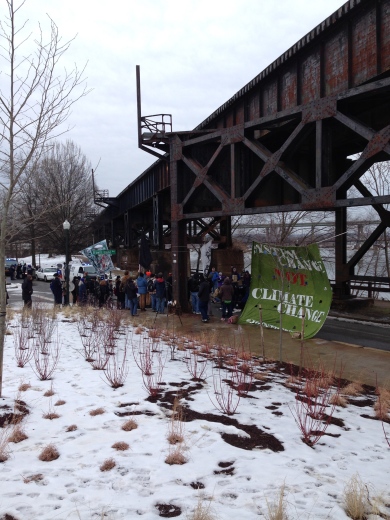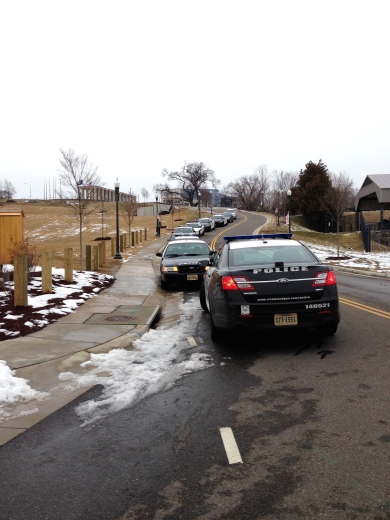Excerpt from Times Dispatch article, “$24M ISSUE:
Utilities’ payments to Richmond take backseat in water/wastewater rate debate
Richmond has utilities make special payments into general fund”:
Historically, the council has been reluctant to tackle the payments to the city that are a built-in component of water, wastewater and gas bills.
According to Richmond’s City Charter, the city’s public utilities, with the exception of the stormwater utility, are required to pay into the city general fund “taxes not actually accruing but which would have accrued had the utility not been municipally owned.”
All told, the so-called payment in lieu of taxes, or PILOT, for the water, wastewater and gas utilities will account for nearly $24 million of the $760.5 million general fund in the proposed budget for the fiscal year that starts in July. That’s an increase of 7.4 percent from the prior year. And for the fiscal year that starts in July 2014, it’s expected to grow to $25.6 million.
For decades, the PILOT provision has been interpreted to mean that the city is entitled to collect payment for virtually any tax the utility would be required to pay if it was privately owned. That includes real estate, personal property, gross receipt and even income taxes, which the city does not collect from private businesses.
The water and wastewater utilities, for example, will pay nearly $3.3 million in income taxes into the city’s general fund this year.
According to a city marketing campaign to promote the new rate structure, which has cost utility customers more than $23,400 in newspaper and television advertising since March, the PILOT accounts for 14 percent of the base charge for water and wastewater.
Scott Burger, a longtime member of the Falls of the James Sierra Club and a former president of the Oregon Hill Neighborhood Association who has pushed for lower water bills for years, most recently as a member of the Better Government for Richmond watchdog group, said dropping the charges without addressing the PILOT doesn’t deal with a core problem.
“In a sense it’s a step forward. It’s still basically gouging people on water,” Burger said. “I don’t think it’s totally clear to people what’s going on.”
Through the Freedom of Information Act, Burger polled seven other sizable Virginia cities on their municipal utilities.
“What came back is that no other peer city has utilities that pay into their general fund in lieu of federal income tax,” Burger said, adding that he has contacted state legislators about addressing the issue. “Why does Richmond?”
City Councilman Parker C. Agelasto, whose 5th District includes Oregon Hill, has asked the city attorney to give an opinion on whether the city can collect payments in lieu of income tax and wants to take steps to reduce or eliminate the PILOT.
“I think it would be hard to disagree that if everybody in the city’s water bill went down $5 a month, then that would be a good thing for everybody in the city,” Agelasto said.
Agelasto, elected in November to his first term on the council, has also introduced an amendment to the proposed budget that would require more analysis of the cost of service study, which the Department of Public Utilities commissioned for nearly $201,000 and used to compile the new rate structure, in an effort to lower water rates further.
Agelasto said his amendment wouldn’t affect the new rates included in the proposed budget, noting that utilities department staff members had months and the benefit of a study to help them make their case for the new structure.
More background to click through here, here, here, here, and here.








